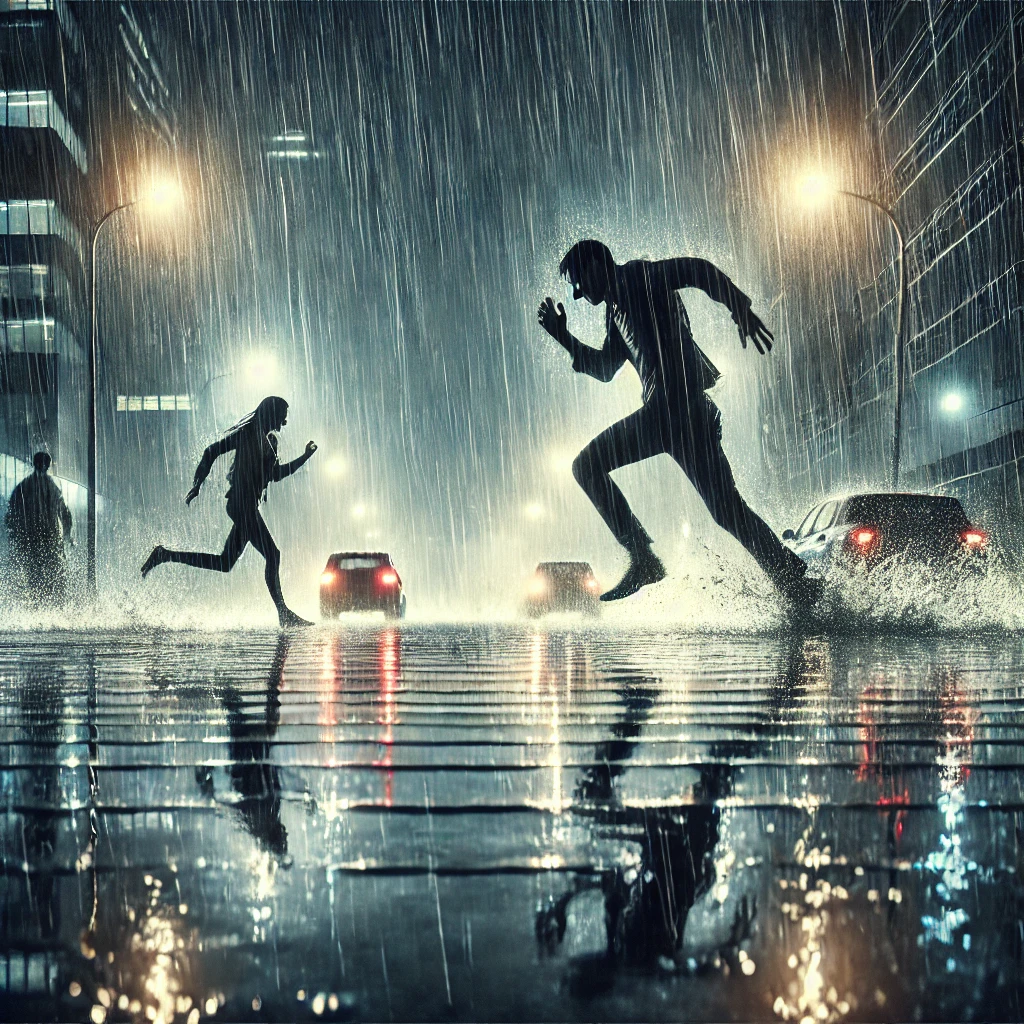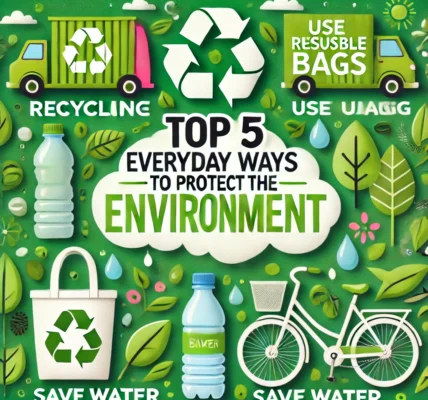Should You Walk or Run in the Rain?
When you’re caught in the rain without an umbrella, the question often arises: should you walk and take it slow or run as fast as you can? While it might seem like a simple decision, the science behind getting wet in the rain reveals interesting insights. In this article, we explore whether walking or running is the better choice to avoid getting drenched.

1. Can You Really Avoid the Rain?
Whether you walk or run, some amount of rain is inevitable. This is because rain falls vertically, and your head will always receive the same amount of rain regardless of your speed. In other words, whether you walk or run, the amount of rain hitting the top of your head remains constant. However, as you move forward, you expose more of your body to the rain, especially the front side.
2. How Speed Affects the Amount of Rain You Get
The key factor here is time. The longer you spend in the rain, the more soaked you get. Running decreases the time you spend in the rain, meaning that although you will be hit with more raindrops on the front of your body, the total exposure time is reduced. Thus, if you’re covering a fixed distance, running helps you get through the rain faster, reducing the overall amount of rain you absorb.
3. So, Should You Run in the Rain?
The science is clear: if you’re trying to minimize how wet you get, running is the better option. By running, you spend less time in the rain, and although you may get hit with more raindrops on the front of your body, the overall exposure is lower compared to walking.
However, running might not always be the best idea in every situation. If the rain is light and you’re only walking a short distance, there’s no need to run. Additionally, in heavy downpours where the streets are slick, running can increase the risk of slipping or injury.
4. Scientific Proof and Experiments
To settle this debate, scientists have conducted various experiments to measure how much water people absorb when walking versus running in the rain. These experiments consistently show that those who run get less wet overall than those who walk. The results are grounded in the physics of motion and the relationship between speed and exposure time.
5. Practical Application in Real Life
In real-world scenarios, several factors come into play: the intensity of the rain, the distance you need to travel, and the road conditions. For short distances or in a light drizzle, walking may be just fine. But if you’re covering a longer distance during a heavy downpour, running will help reduce the time spent in the rain and minimize how wet you get.












3 COMMENTS